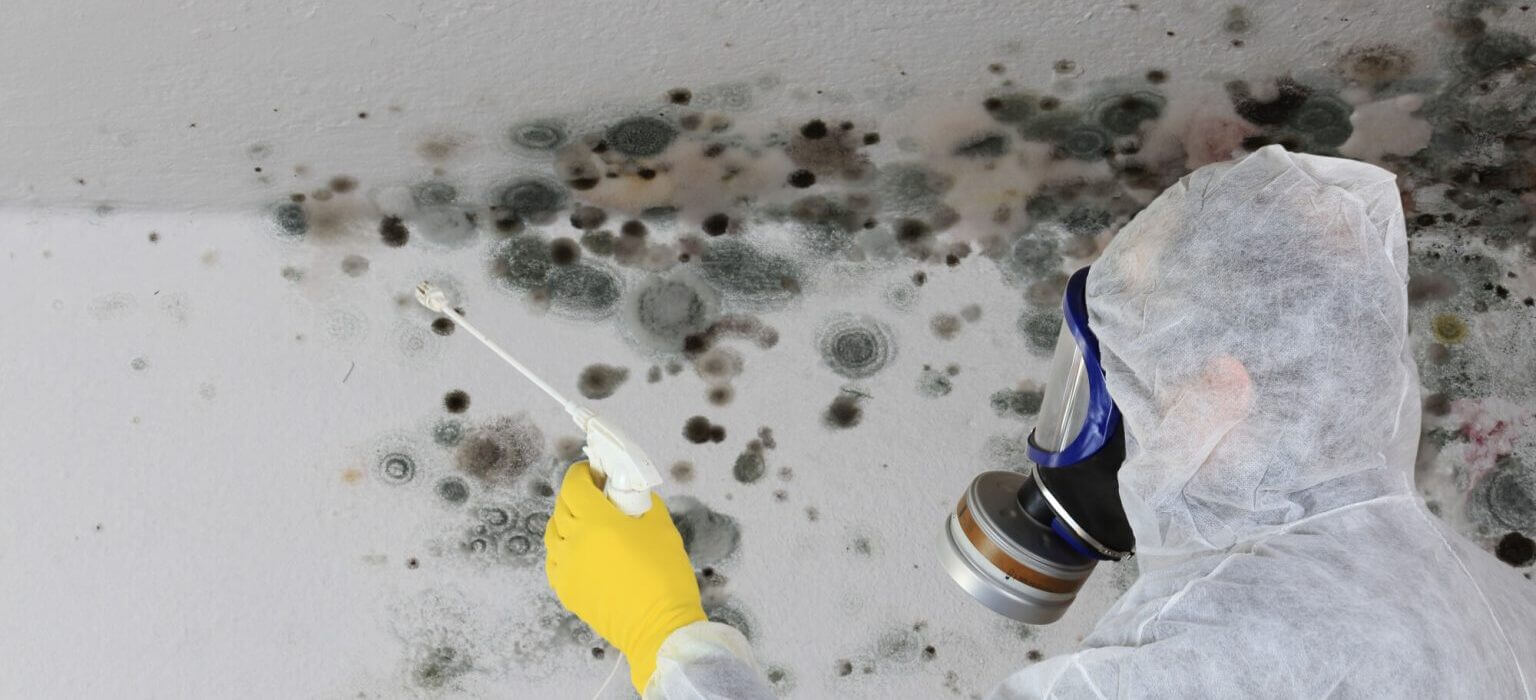
![]()
Q: The unit has been plagued with water issues and upon inspection, our contractor discovered mold. In turn, we offered “cash for keys” and rather than responding to our offer, the tenant has moved her items out of the apartment and has seemingly left. The tenant has now threatened a lawsuit because she was unaware of the presence of mold. We are currently addressing the mold problem, but can we assume that the tenant left, and do they have a case to sue me?
A: The landlord is required to provide written disclosure of the presence of mold to the tenant if he knows or has a reasonable cause to believe that mold is present and it exceeds the PEL or presents a health threat. However, a landlord would be exempt from providing the written disclosure if the presence of mold was remediated according to the guidelines developed by DHS.
Landlords are required by law to maintain habitable premises demands. Mold-related issues must be promptly rectified. These remediation efforts can be made with 24-hour proper notice for the landlord or their agents to enter the rental unit.
Housing providers make no guarantee that things will not go wrong; they can and will. There can be leaking roofs, broken pipes, flooding, etc. The key is to address it without delay.
When you suspect the tenant has left the unit, she should communicate this to you, especially with this ominous warning of pending litigation. We’d like to get something in writing to the effect that the tenant has vacated. If you suspect the tenant has abandoned the rental unit and is uncommunicative, there are carefully choreographed steps and legal requirements to follow before taking action to reclaim the property.
With regard to the merits of litigation, there are a host of variables. Did the tenant alert you to the problem early on and did you make efforts to remediate it? Was the mold caused by deferred maintenance, or did it grow because of the tenant’s actions or inaction? Also, what injury, if any, is the tenant claiming due to the mold? These types of lawsuits generally must demonstrate some sort of medical ailment with documentation to support it.
When you refer to “cash for keys,” what we like our clients to ink is a properly prepared tenant surrender of possession of agreement, known colloquially as a tenant buyout agreement. More than giving cash in exchange for keys, the tenant agrees to give up all legal claims that may arise from the tenancy, including claims they don’t even know about. For instance, a respiratory condition caused by the mold.
Now is a good time to remind housing providers of their statutory obligation to furnish a consumer-oriented booklet to prospective tenants on the health effects of dampness and mold.
